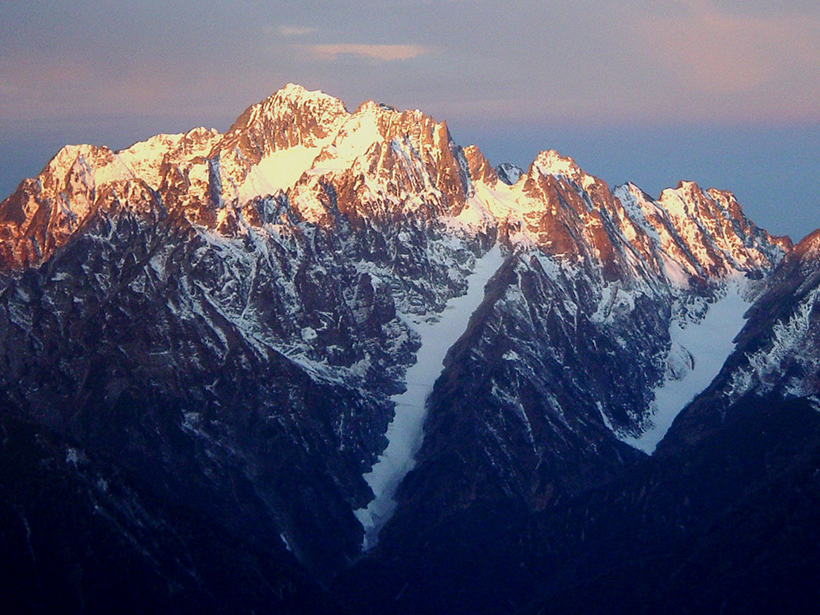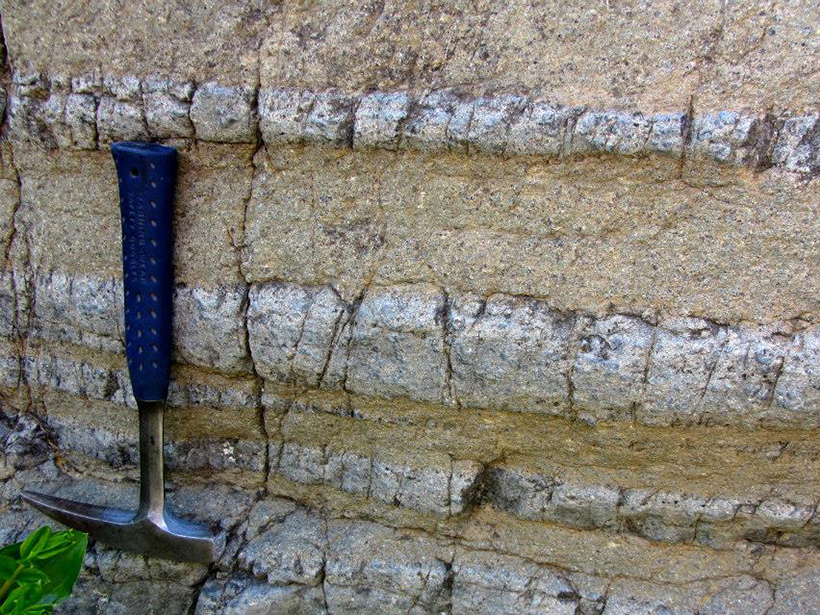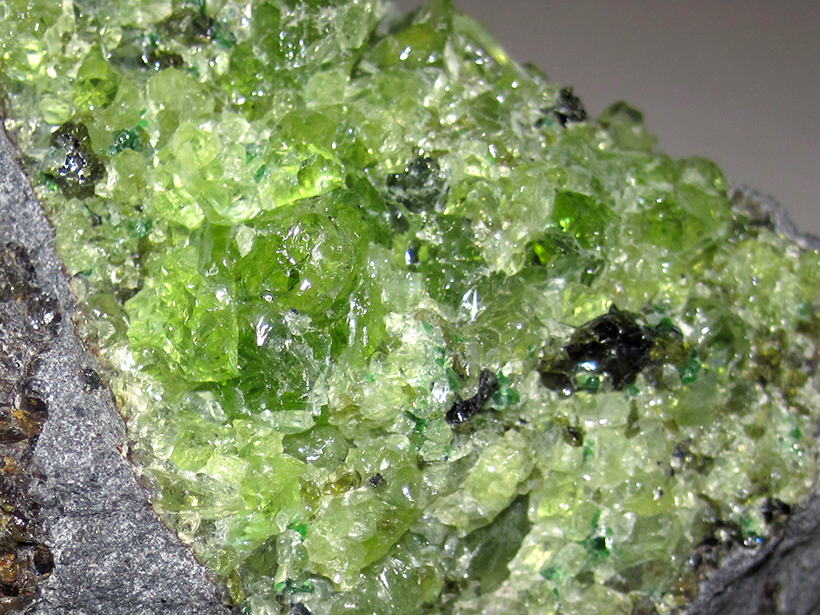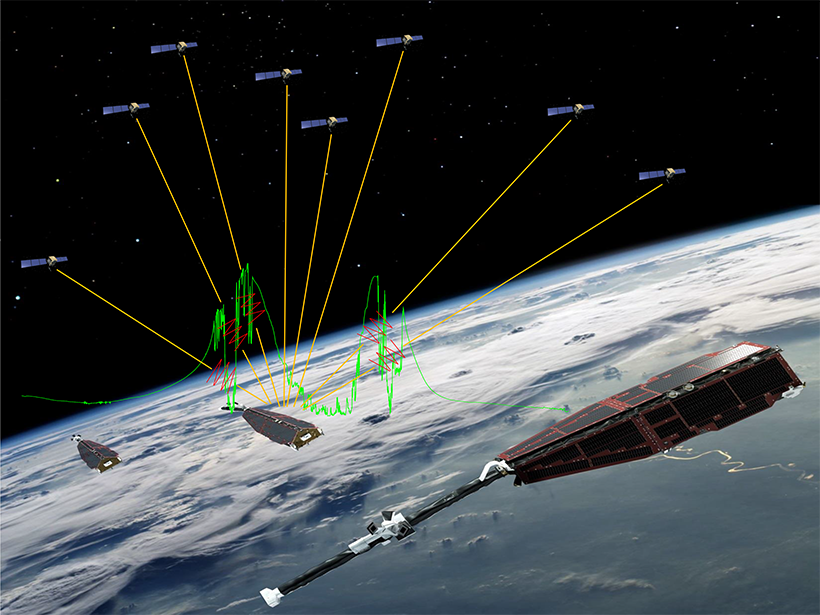Water-carved valleys may be relatively young, challenging assumptions about the history of the Red Planet's climate.
Research Spotlights
Research spotlights are plain-language summaries of recent articles published in AGU’s suite of 24 journals.
Earthquakes Could Funnel Radio Waves to Dark Zones in Mountains
By being coupled with a layer of mobile electrical charges on the Earth's surface, radio waves could travel over the ground to areas that would normally be unreachable, like behind a mountain.
Tide Gauge Records May Underestimate 20th Century Sea Level Rise
Tide gauges can help measure sea level change, but their limited locations and short records make it hard to pinpoint trends. Now researchers are evaluating the instruments' limitations.
Mapping Water and Heat Deep Under Long Valley Caldera
Researchers use electrical resistivity to find the heat source and reservoir feeding Long Valley Caldera's labyrinthine hydrothermal system.
A Better Model for How the Mantle Melts
A new model of the melting behavior of certain mantle rocks gives researchers a better understanding of the source of oceanic lavas.
Isotopes from the Tap Reveal Urban Water System Dynamics
Tracking isotope patterns in tap water also reveals metropolitan water management choices, population ranges, episodes of environmental stress, and even information on household income.
The Gravity of Volcanic Eruptions
New research suggests that continually monitoring gravity changes near active volcanoes could provide insights into volcanic activity.
Seismological Models Are Biased, but Scientists Have a Solution
Many seismic wave models are based on an erroneous assumption about the Earth's interior. A new technique corrects this by eliminating false signals produced by models.
What Causes GPS Signal Loss on Satellites like Swarm?
Using data from the European Space Agency's Swarm mission, scientists find that abrupt drops in the ionosphere's electron density may cause low-orbiting satellites to lose contact with GPS satellites
What Drives Variation in the Ionosphere’s Electron Density?
The long-term trend in the electron density of the ionospheric F layer may be natural, not man-made.









